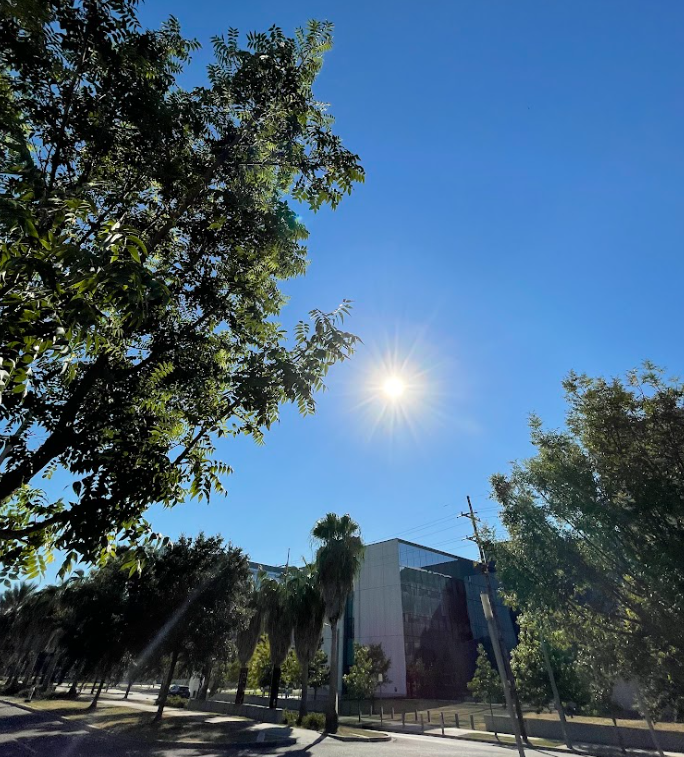
I thought to myself earlier this summer that things just felt hotter, and I don’t think I was alone. There’s data from NOAA and NASA showing that July 2023 was likely the warmest month in 174 years of recorded history.
Scientists from both agencies found the global temperature rose by more than one-third of a degree Fahrenheit. But, perhaps more relevant for us living in South Louisiana is what’s taken place locally.
Records have been broken for the number of days at Louis Armstrong International Airport in which conditions reached least one hundred degrees. Baton Rouge recently had its hottest June on record. Following Louisiana Governor John Bel Edwards’ emergency declaration triggered by the extreme heat, more resources will be available to parishes to deal with issues related to the hotter temperatures.
So far in 2023, more people in Louisiana have died because of the unprecedented heat than in previous years. According to analysis by the Louisiana Department of Health, sixteen Louisiana residents died from heat related causes during June and July of this year. From 2010-2020, the average number of heat-related deaths was around ten per year. Dr. Alicia Van Doren, a preventive medicine physician with a focus on climate change, has been working with LDH on the study of heat related illness. During a recent interview, Dr.
Van Doren told me the heat we’ve been experiencing so far this summer isn’t the “new normal.”
“So, in the next decade these temperatures are going to be increasing so there’s going to be more days where you’re at extreme risk.
This is not a new normal because that sort of implies that we reached a steady state when we haven’t reached a steady state,” said Dr. Van Doren.
During this summer, we’ve heard the words heat advisory and excessive heat warnings multiple times. Van Doren says there are projections that the number of days with heat levels that meet a certain criterion to be designated as “dangerous” will jump drastically in the coming years. According to the non-profit Climate Central, the New Orleans Metro area averaged about 30 days with dangerous heat levels. Dr. Van Doren says by 2030, we could see an average of 100 days with that kind of heat. But we’re obviously living in the present with this heat. I picked the brain of Dr. Van Doren and another physician, Dr. Greg Stewart who works with professional athletes and student athletes at Tulane University, to see how this heat is affecting our bodies and the way we live, work, and play. Listen to the podcast here.

